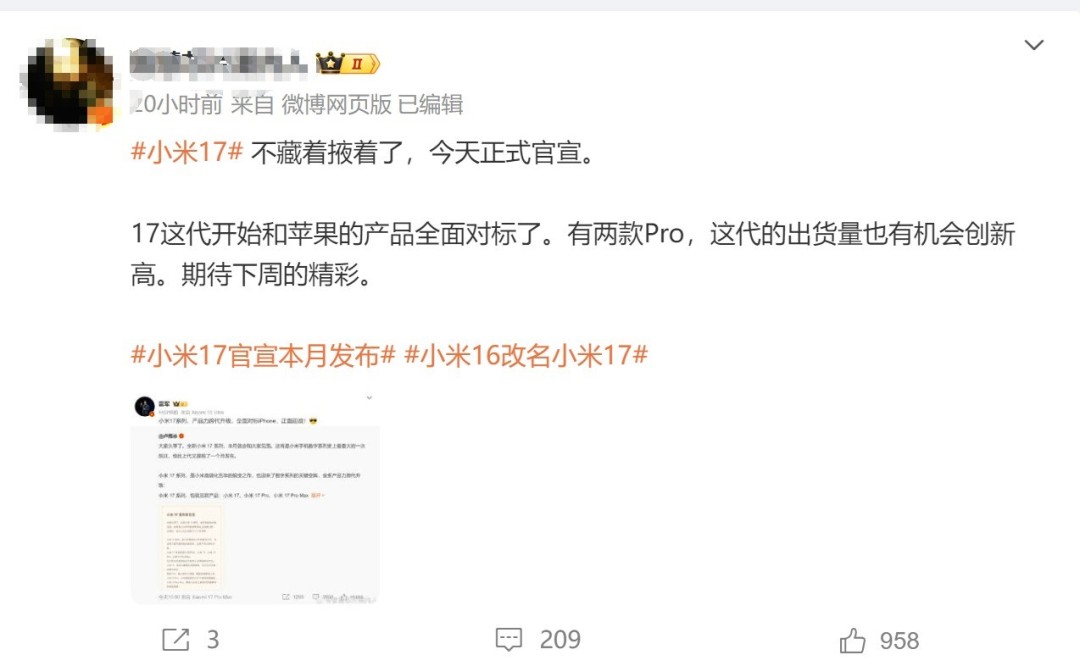Science explains why selective hearing actually happens in your brain
- Comments
Controversial college 'health kits' go viral, spark debate
'Outnumbered' reacts to some parents sending their children to college with Narcan.
NEWYou can now listen to Fox News articles!You may think your spouse’s "selective hearing" is a choice — but science argues otherwise.
The phenomenon of selective hearing is more than choosing when or when not to listen, according to a recent article by Dr. Stella Fulman at Audiology Island in New York.
"Selective hearing is the brain’s ability to prioritize and process certain auditory stimuli over others," she wrote. "It enables individuals to concentrate on particular sounds while ignoring or minimizing the impact of competing noises."
6 SIMPLE WAYS TO PROTECT YOUR HEARING NOW BEFORE IT'S TOO LATE, ACCORDING TO EXPERTS
"This process occurs seamlessly and is often automatic, allowing individuals to maintain focus on relevant information even in challenging environments."
In an interview with Fox News Digital, Jorge Rey, a Miami Beach-based audiologist at HearUSA, confirmed that selective hearing "isn’t just a matter of people tuning others out or ignoring them."

Selective hearing is an automatic response in the brain that filters sound, according to experts. (iStock)
"It’s a real neurological process rooted in how the brain processes sound."
Scientifically, selective hearing is known as "auditory selective attention," in which the brain’s built-in filter focuses on "important sounds" and separates meaningful speech from background noise.
STUDY REVEALS WHY ‘SUPER AGERS’ MAINTAIN ‘OUTSTANDING MEMORY’ INTO THEIR 80S
"It’s important to note that selective hearing isn’t just distraction or disinterest — it’s the result of an increased cognitive load and fatigue," Rey said.
"In essence, selective hearing happens because the brain prioritizes certain sounds over others, with the goal of helping us function in noisy environments."

The "cocktail party effect" is the auditory process of focusing on important sounds, such as one person in a conversation. (iStock)
One classic example is hearing a friend’s voice in a crowded restaurant, a phenomenon known as the "cocktail party effect."
CLICK HERE TO SIGN UP FOR OUR HEALTH NEWSLETTER
The process involves two key parts of the brain — the auditory cortex, which processes sounds, and the prefrontal cortex, which controls attention and decision-making.
Working memory also latches onto the selected stream of information at the same time, allowing a person to follow a conversation.
"Selective hearing isn’t just distraction or disinterest — it’s the result of an increased cognitive load and fatigue."
(责任编辑:综合)
- ·萨卡本赛季在英超送出10次助攻 五大联赛首位球员
- ·FBI offers $100K reward; profiler reveals Kirk assassin's likely behavior
- ·病态“饭圈”,凉(翻篇)了!
- ·Tavia Hunt mourns Charlie Kirk after Utah Valley University killing
- ·美国商务部长:中国正在扩充成熟芯片的产能,用成熟芯片封锁市场
- ·Joe Rogan mourns Charlie Kirk's death, praises his campus debates
- ·教育家名人故事:孙云晓
- ·卡梅隆称写不出《终结者7》 因为现实已超越科幻
- ·崔康熙经纪人摊牌了,态度强硬不给高薪就走人,续约陷入僵局
- ·Transgender BMX cyclist celebrates Charlie Kirk assassination on Instagram
- ·野心勃勃!索尼放弃服务型游戏 欲成为单机游戏之王
- ·进一步规范登记申请和代理行为 《办法》今起正式施行
- ·酒桌上敬酒的方式有哪些?
- ·ILLIT首张日文单曲荣登周榜榜首 进军日本市场之初便备受瞩目
- ·世界银行报告:中国人日均消费水平30年增长超7倍
- ·巴菲特业余生活罕见曝光:95岁老头熬夜看拳王争霸
- ·前曼联助教范尼出任莱斯特城主帅,合同至2027年
- ·CBS host questions Kevin McCarthy about GOP's rhetoric following Kirk's death












